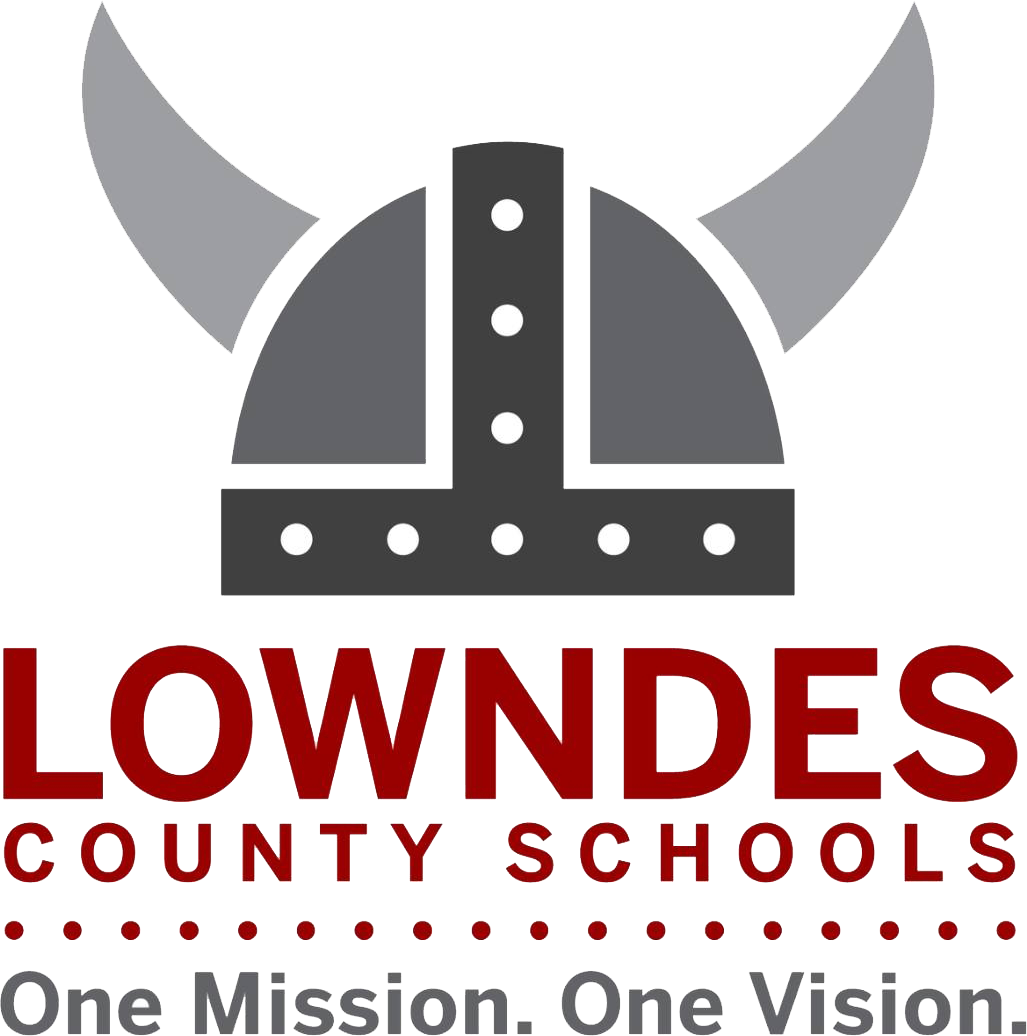Co-Director of Technology
Email Jeff Harrell
229-316-1841
Acceptable Use Agreements
Technology is an integral part of the learning experiences in the Lowndes County Schools. Students use these resources to acquire knowledge, to seek, evaluate, and create information, and to communicate and collaborate with others. The use of the system’s computers and network is a privilege that requires each student to act responsibly. To guide this use of technology, the Lowndes County Board of Education has approved a Student Acceptable Use Agreement which describes the expectations for how technology should be used by students in the Lowndes County Schools.
Likewise, we expect employees to model ethical and professional conduct as they use technology to enhance instruction and to facilitate their daily tasks. To provide direction to employees on how technology is to be used, the Board of Education has also adopted an Employee Acceptable Use Agreement. It is the responsibility of each employee to understand and to adhere to this policy.
Google Apps in Lowndes County Schools
The Lowndes County Schools system has adopted Google Apps for Education to provide free online communication and productivity tools for students and teachers. Google Apps for Education (GAFE) accounts are provided for all students in grades K-12. With GAFE accounts, students can create documents, spreadsheets, and presentations anywhere they have an internet connection. Students will be able to share to their teachers and collaborate with their peers, working together on class assignments at school or at home. GAFE is one tool we hope to use to develop in all our students the key 21st century skills of communication, collaboration, creativity, and critical thinking.
Student email accounts will be made available for all students. Elementary students will be able to email their teachers, middle school students can email anyone within the district and high school students will have unrestricted email access.
We are providing this notification to the parents of children 12 and younger so that the system can be compliant with the Children’s Online Privacy Protection Act (COPPA) The only information the school system transfers to Google in the creation of students accounts is the child’s first name, last name, and expected graduation year.
No personal information is collected for commercial purposes in our GAFE domain, and Google Apps for Education services do not collect or use student data for advertising purposes or create advertising profiles. Google provides an overview of their commitment to student security and privacy at this site.
Access to and use of GAFE is a privilege. The district maintains the right to withdraw access when there is reason to believe violations of law or district policies have occurred. The alleged violation will be referred to the principal for further investigation. Pending review, a user account may be terminated as part of such action.
Parents who object to their child using Google Apps for Education must contact their child’s principal in writing within ten (10) days of the student’s enrollment.


